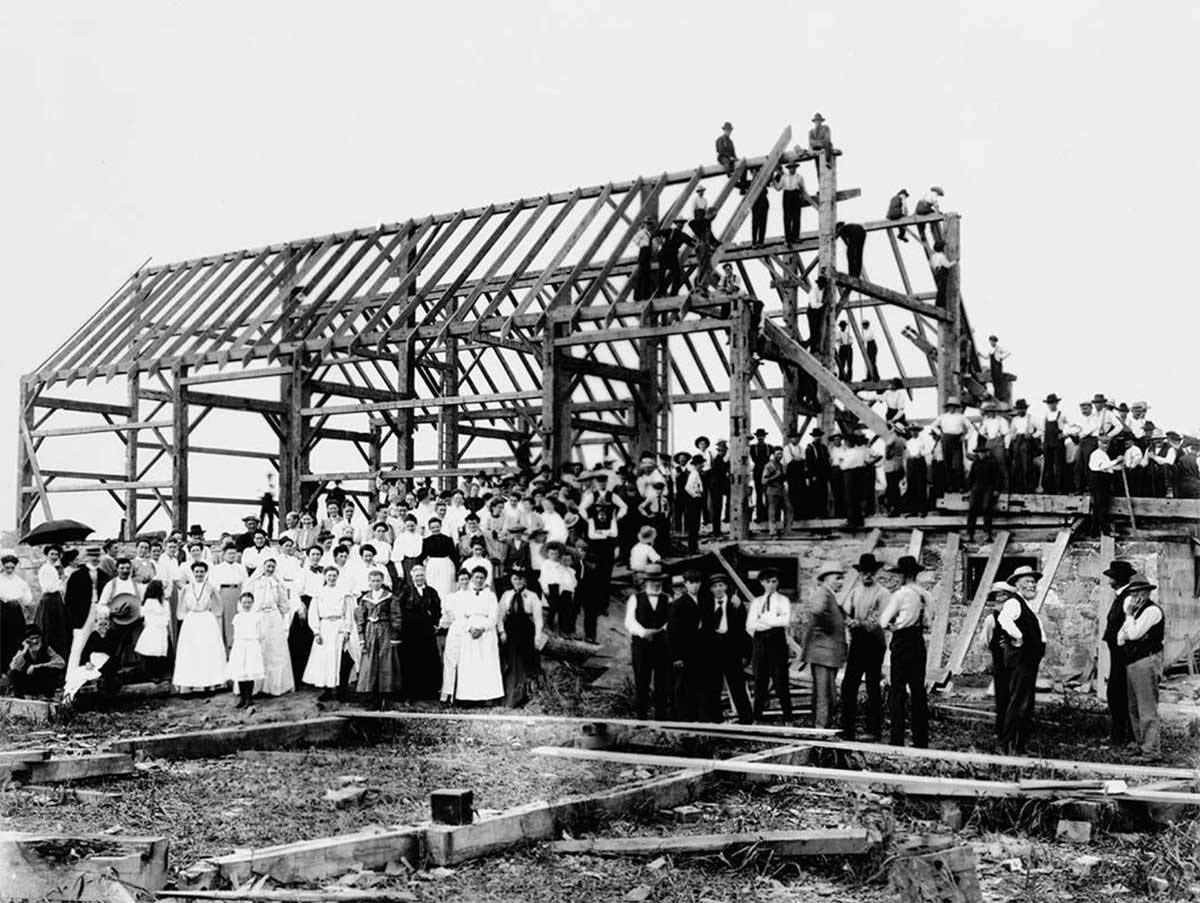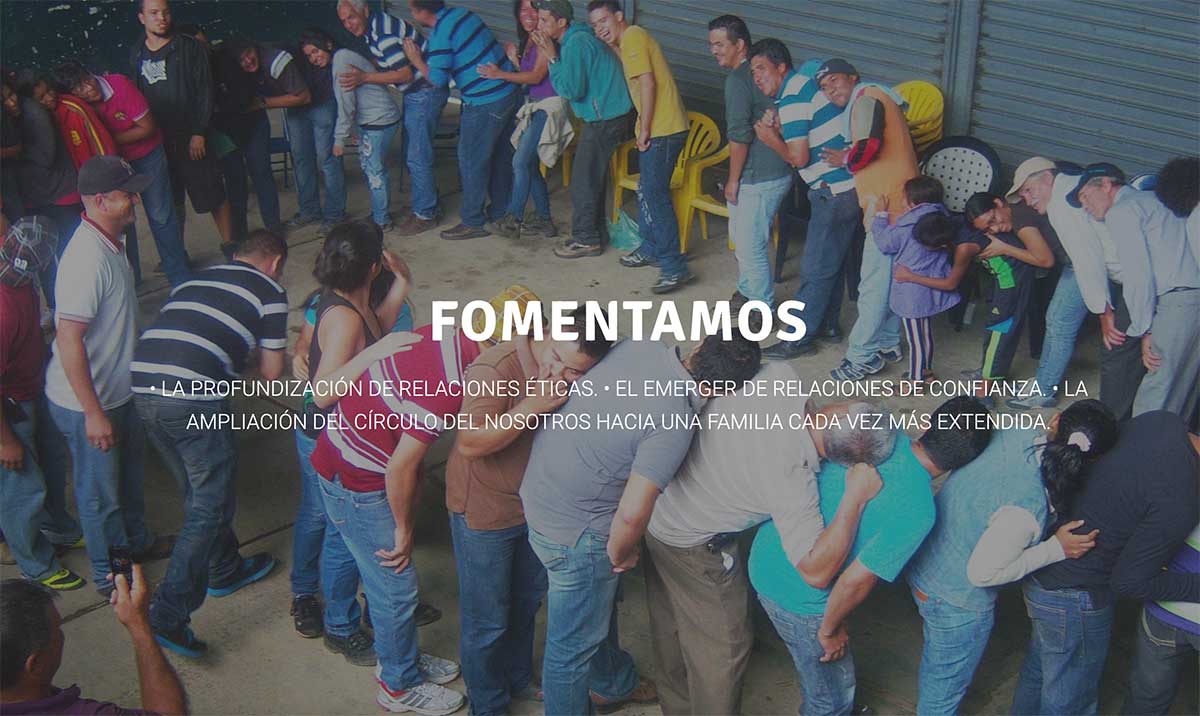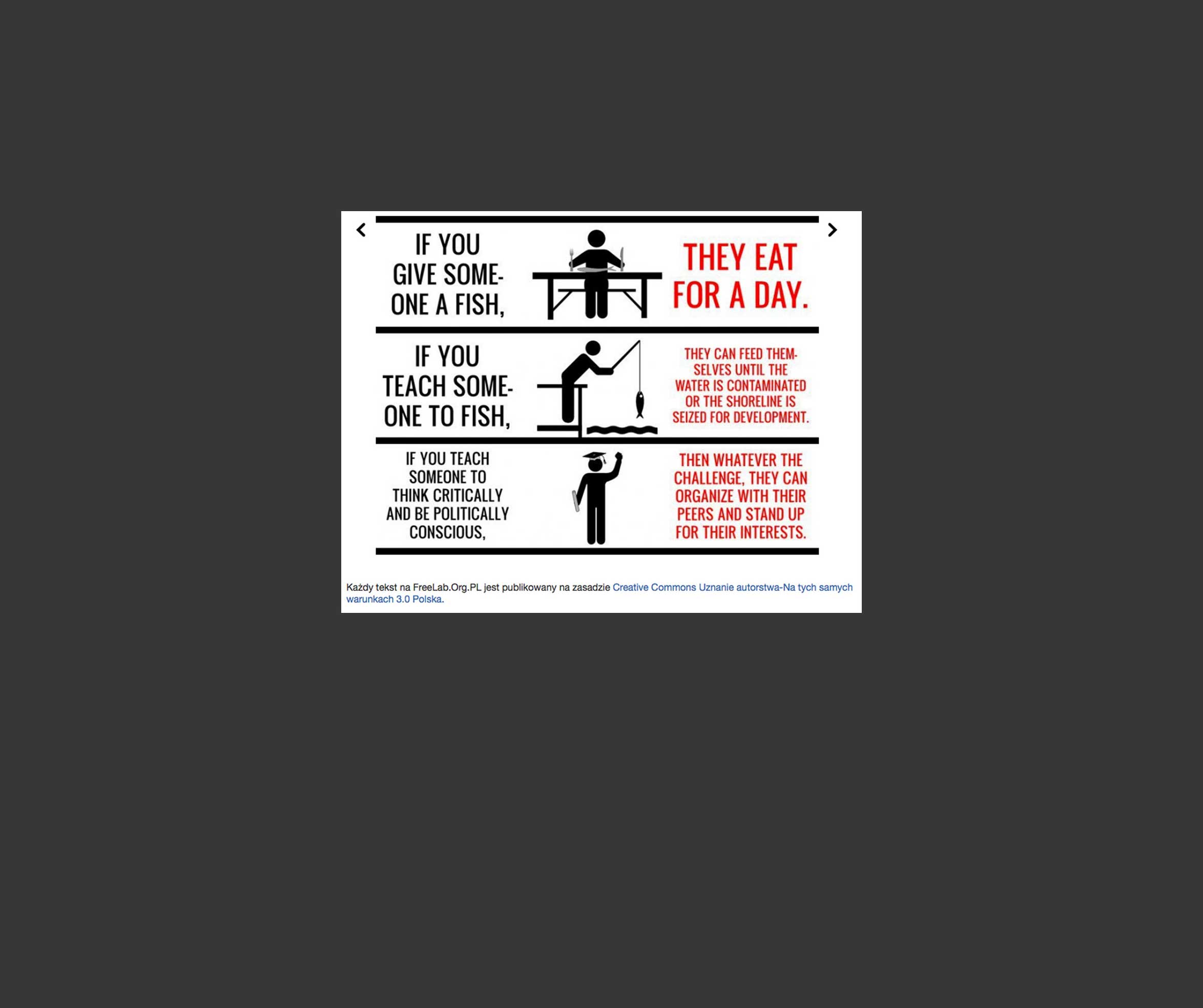
Think Like a Commoner
Second Edition
In our age of predatory markets and make-believe democracy, our troubled political institutions have lost sight of real people and practical realities. But if you look to the edges, ordinary people are reinventing governance and provisioning on their own terms. The commons is arising as a serious, practical alternative to the corrupt Market/State.
The beauty of commons is that we can build them ourselves, right now. But the bigger challenge is, Can we learn to see the commons and, more importantly, to think like a commoner?












